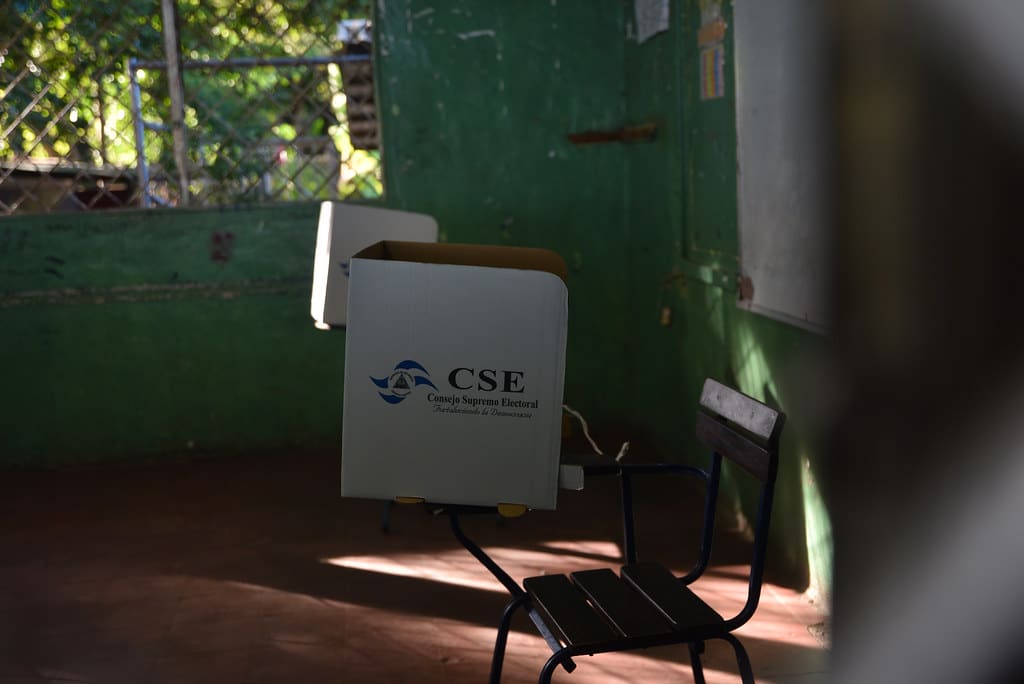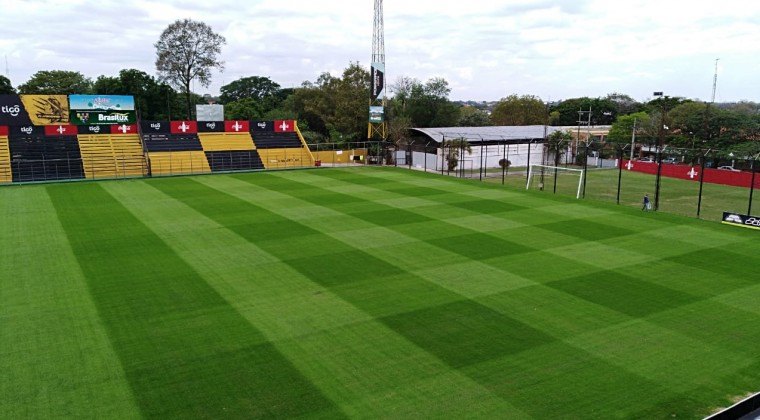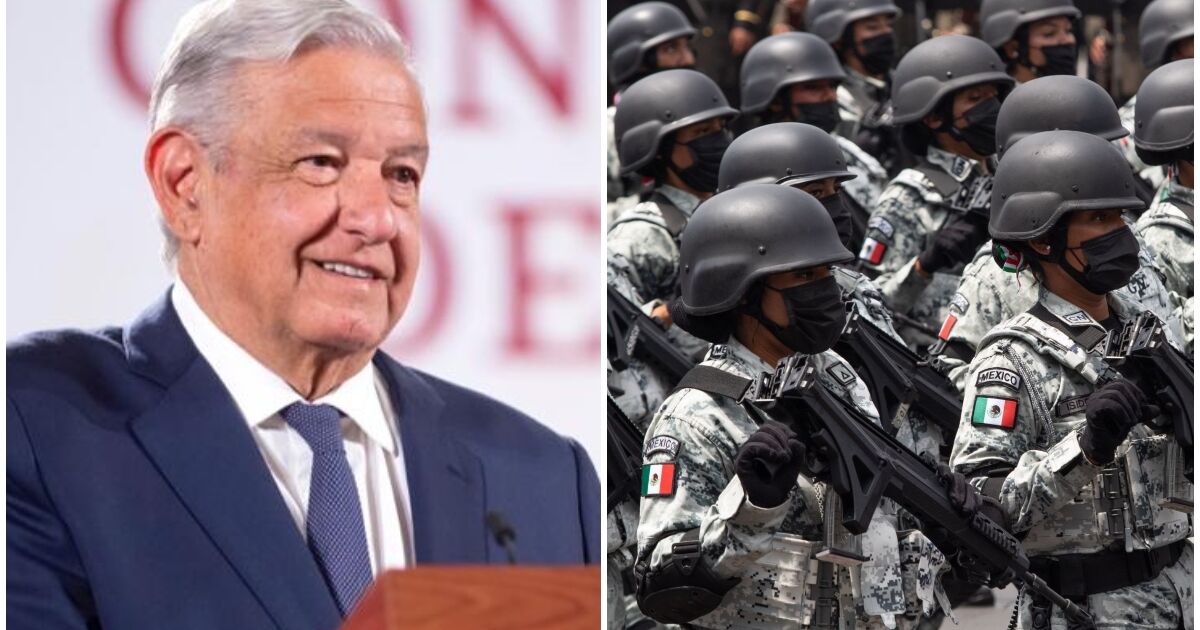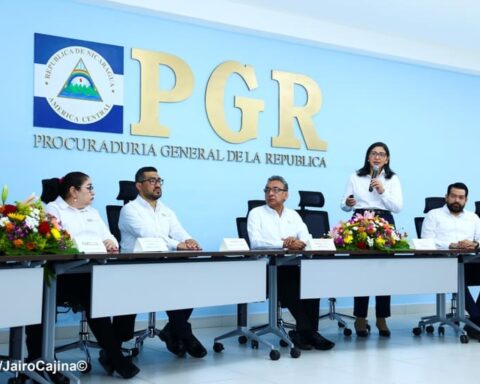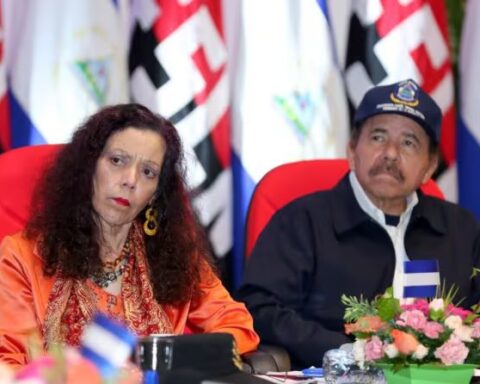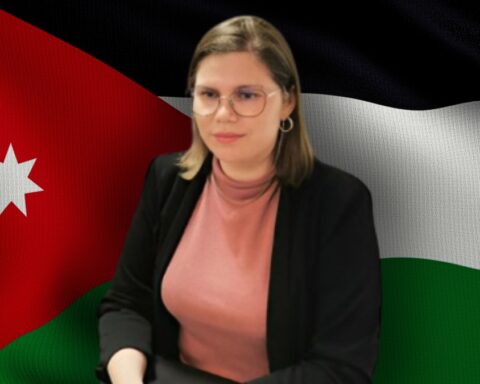Less than three months before the municipal votes on November 6, the Supreme Electoral Council (CSE) has not yet officially called these elections; however, the Sandinista Front and the collaborationist political parties -popularly called “stilt walkers”— have rcarried out activities that should be published in the electoral calendar, warned the citizen observatory Urnas Abiertas, in its latest bulletin.
The different actors in the electoral process “they have been working for several months based on the municipal elections, despite the silence and secrecy kept by the authorities” of the CSE, pointed out Urnas Abiertas.
Although the electoral calendar is not known either, the parties “stilt” They have started electoral activities with a view to the formation of the electoral spread and the election of candidates. “During the month of July there was an increase in political electoral acts”indicated the citizen observatory.
The organization registered activities of the Constitutionalist Liberal Party (PLC), Alliance for the Republic (APRE) and the Independent Liberal Party (PLI). “None of these events were harassed by the Police or prohibited by the Government, despite the widespread violence and de facto police state maintained by the regime in the country.”he questioned.
According to Open Ballot Boxes, the president of the PLC, María Haydeé Osuna, and other party operators have contacted leaders of the former Citizens for Freedom (CxL) party and leaders “blue and white” in different municipalities “to offer you nominations” to mayors, or as first councilor. In addition, they have promised “if they accept they can propose the entire list of councilors or for the Municipal Electoral Council (CEM)”.
APRE reported on July 8 that “After a primary election process, Winston Betanco was elected as mayoral candidate and Cristian Osorio as vice mayor for the municipality of Managua.”.
In addition, the ALN party has summoned supporters to join the Municipal Electoral Councils (CEM) and reported on their social networks that they have held meetings with candidates and departmental structures from Managua, Rivas, Granada, Masaya, Carazo and León, in no case Police harassment has been reported.
FSLN goes two steps forward
Prior to the CSE’s electoral call, the Sandinista Front —which governs 137 of the country’s 153 municipalities— summoned its structures to a day of citizen verification on August 13 and 14, explained Urnas Abiertas.
The call made by the FSLN began on the morning of Wednesday, July 27 through social networks and WhatsApp groups, where they specify that the meeting will take place from eight in the morning to five in the afternoon.
Citizen Verification is an activity contemplated in the Electoral Calendar with the purpose of permanently purging the Electoral Register before its closure, which must be carried out “seventy days before the elections”, as established in article 37 of the Electoral Law .
According to Open Ballot Boxes, Citizen Verification has been implemented in Nicaragua since the 1990s; however, “since the return of the FSLN to power, this activity has been distorted and in recent years politicized to the point of serving only as an act of party control of the ruling party, without generating the necessary effect to update the catalog of voters ”.
Printing of electoral material
Open Ballot Boxes pointed out that the CSE has ordered, without giving details, the production of electoral material, a call for the verification process and the formation of party structures in the country’s interior territories.
According to the observatory, the company Inversiones Papeleras SA (Inpasa) is producing electoral rolls, manuals, signaling material and other types of stationery required for the electoral process.
“The administrative process for the production of electoral material was also launched in a complete lack of transparency. The CSE does not call for elections and neither does it monitor or demand that the conditions that guarantee the legitimacy and integrity of the electoral process be met, since the de facto police state is maintained, the absolute suppression of fundamental freedoms and generalized political violence”warned the agency.
However, until last July 15, the CSE had not published its Annual Contracting Plan (PAC) on the State contracting portal. Situation that reveals the lack of transparency of the electoral process.
According to the Public Sector Administrative Contracting Law, the PAC of State entities must be published annually no later than January.
This year the CSE was allocated 1,465.74 million córdobas from the General Budget of the Republic to hold the municipal elections, of which 806.71 million are for reimbursement of the political parties that participated in the 2021 electoral farce. political parties for this year’s elections will be allocated in the 2023 budget.
The establishment of an express process
Although the minimum term for the electoral call is within the legal terms, in accordance with the last reform to the Electoral Law, approved last May, the lack of guarantees of transparency of the process persists. The Electoral Power is controlled by the government party, the Police —the main repressive body of the regime— is the one who authorizes political rallies, electoral observation is null and those who could aspire to positions of popular election remain deprived of liberty.
With the reform, the National Assembly —with a Sandinista majority— established an express electoral process. In such a way that the political parties that participate in the election will only have five days to present their lists for the Departmental or Municipal Electoral Councils and the number of Vote Receiving Boards (JRV) will be less than the 13,459 that worked in the general voting. of 2021.
The reform also reduced the electoral campaign period from 42 to 20 days, in the case of municipal votes, and 30 days for presidential elections. According to the Special Commission of a Constitutional Character —created to consult the initiative— “the simplification of deadlines” is a measure “coherent with the preservation of the environment”. However, this situation limits the opportunities for citizens to “supervise and fully participate,” pointed out the citizen observatory of Urnas Abiertas.
In addition, the number of voters per Vote Receiving Board (JRV) was increased, going from 400 to 600 voters. Such a situation was justified by the deputies because supposedly “it will allow the State of Nicaragua and the political parties to reduce the costs of operation and organization during the electoral processes in general.”
For the next municipal votes, a reissue of the “2021 electoral farce” is expected, since they will take place a year after the Ortega-Murillo binomial was re-elected without political competition, after imprisoning and sentencing for crimes of “conspiracy” and ” money laundering” seven presidential hopefuls and some forty opposition leaders, who were emerging as his main rivals at the polls.
The opposition is disjointed due to the resurgence of repression. More than 190 people remain in prison for political reasons and in the last year there was another wave of migration for political or economic reasons.
Elections in a context of repression
The new electoral appointment, scheduled for November 6, will take place in a context of repression extended to the interior territories of the country, the massive closure of non-profit organizations and the military manual of five mayoralties that were administered by the opposition party Ciudadanos por la Libertad (CxL)one year after being stripped of its legal status.
The regime of Daniel Ortega and Rosario Murillo assaulted, on July 4, the mayor’s offices of San Sebastián de Yalí and El Cuá, in Jinotega; Murra, in Nueva Segovia; and El Almendro, in Río San Juan. Two days before, had taken the mayor’s office of Santa María de Pantasma, in Jinotega.
the mayors Oscar Gadea, from Santa Maria de Pantasma; Isidro Irías, from El Cuá; Noel Moreno, from San Sebastián de Yalí; Francisco Herrera, from Murra, and Reynaldo Galeano, from El Almendro, who were elected in the municipal elections of 2017 ended up being dismissed by the Nicaraguan Institute for Municipal Development (Inifom).
In this municipal period that is about to end, the mayoralties of Mulukukú, in the North Caribbean Coast Autonomous Region (RACCN) and Wiwilí, in Jinotega, were also taken by force; which were administered by the Constitutionalist Liberal Party (PLC). In both cases, the mayors, Apolonio Fargas and Reyna Hernández, were forced into exile due to political persecution by the regime.

